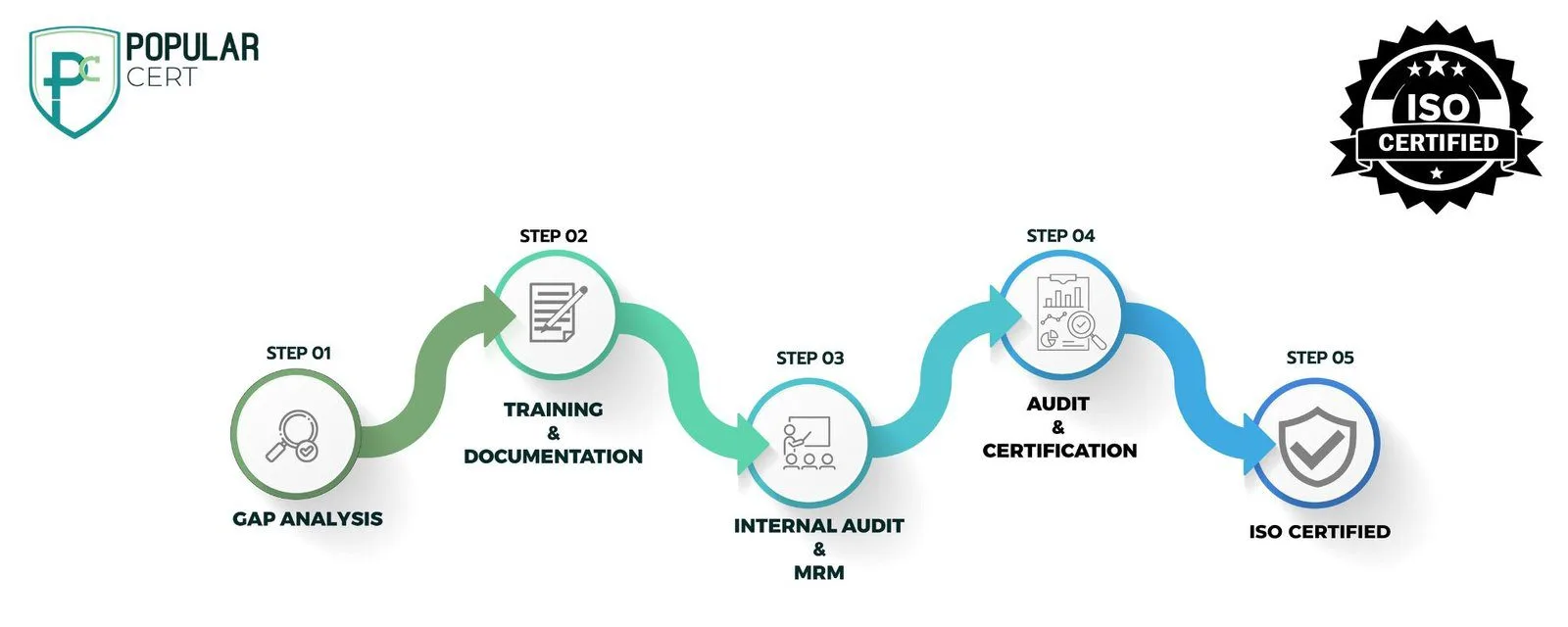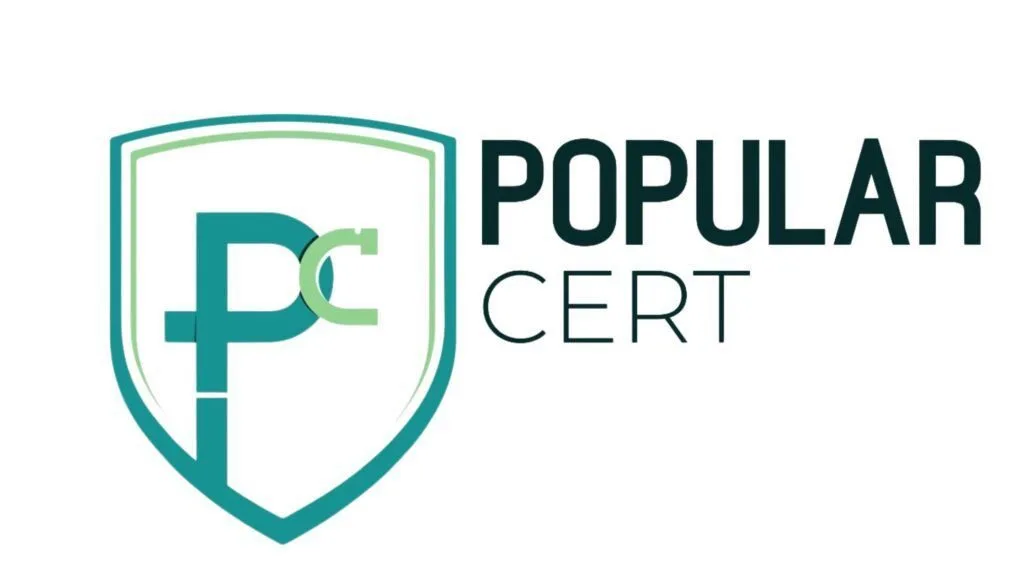ISO 9001 certification
Get Free Consultation
What is ISO 9001 QMS?
The ISO 9001 Quality Management System (QMS) is a globally recognized standard developed by the International Organization for Standardization (ISO). Its purpose is to help businesses establish a structured framework for improving the quality of their products, services, and overall operations. Essentially, ISO 9001 provides guidelines for organizations to design, implement, monitor, and continuously improve an effective quality management system. This system ensures that businesses can consistently meet customer expectations and regulatory requirements while enhancing efficiency.
One of the key strengths of ISO 9001 is its flexibility—it can be applied to any organization, regardless of its size, industry, or type of business. Whether it’s a small startup or a large multinational corporation, manufacturing, finance, hospitality, technology or education industry, the standard offers a universal approach to achieving quality excellence.
Since its first publication in 1987, ISO 9001 has undergone several revisions to stay relevant to evolving business needs and practices. The most recent update was in 2015, which introduced a stronger focus on risk-based thinking and leadership involvement. Experts anticipate that the next revision of the standard could be released in November 2025, potentially bringing further updates to align with modern business challenges and trends.
What are the key steps involved to start the ISO 9001 certification process?
Organizations should not rush into getting certified. It is important to understand that certification is like an award given to an organization only after successfully implementing the ISO 9001 Quality Management System (QMS) standard. Instead of focusing solely on certification, businesses should first recognize the value of improving the quality of their products and services. The ISO 9001 framework and its requirements provide a clear path to achieve this.
Popularcert, a leading global consulting company, can guide organizations in understanding the standard’s best practices. Their expertise can make the journey toward achieving ISO 9001 certification smoother and more effective. The goal should be to build a strong quality management system first, with certification as a natural outcome of that effort.
How to Get ISO 9001 Certification

How to achieve ISO 9001 Certification for organizations?
Gap analysis
Organizations planning to implement the ISO 9001 standard should start by examining their current business practices. They need to understand how their existing operations align with the requirements of the ISO 9001 standard. By comparing the two, they can identify gaps between their current systems and what the standard demands. Creating a gap analysis report helps highlight these differences and provides a clear roadmap for making the necessary changes to meet ISO 9001 standards. This step-by-step approach ensures a smoother transition to a quality management system that complies with ISO 9001.
Take actions to improve and streamline your processes
After identifying the gaps in their current systems, organizations should take steps to address them. Common gaps might include missing Standard Operating Procedures (SOPs), no quality policy in place, lack of proper documentation or record-keeping, absence of regular internal audits, or no risk assessment practices. Once these gaps are identified, the organization should work on fixing them one by one to align with the ISO 9001 requirements. This process ensures the business is better prepared to implement an effective quality management system.
Audit and certification
Once the organization has addressed all the gaps, completed the required documentation, and started following the standard practices, they can contact an independent, reputable, and accredited certification body. This body will conduct an assessment to check if the organization meets the ISO 9001 standard requirements. If the audit is successful, the certification body will award the organization an ISO 9001 QMS certification. After this, the organization can officially announce to the market that they are an ISO 9001 certified company.
Continual improvement
Receiving ISO 9001 certification is not the end of the journey. Organizations must continue to follow the Quality Management System (QMS) standards in their daily processes. They should also create a system to monitor how effectively these international best practices are being implemented. Additionally, organizations must undergo annual surveillance audits conducted by the same certification body that awarded them the ISO 9001 certificate. It’s essential to meet all the requirements and pass these audits every year to maintain the certification and ensure ongoing compliance.
What is the importance of ISO 9001 Certification
Having ISO 9001 certification for your organization is very important. It demonstrates your company’s commitment to maintaining quality in its operations and shows how serious you are about following best practices.
- Customer satisfaction: Customer satisfaction is the most important pillar of the QMS standard. When an organization implements the standard, it will understand the value of focusing on customers in its products and services. The standard provides guidelines on how to conduct customer satisfaction surveys, gather feedback, and take necessary steps to improve the quality of what they offer. This helps the organization build a customer-centric approach and deliver better results.
- Continual improvement: The second key pillar of the QMS standard is continual improvement. By implementing the QMS standard, your organization will learn why building a culture of improvement is essential and the positive outcomes it brings. Remember, quality is a culture and a system that needs to be developed and followed—it’s not something you can simply buy and install like software. For the QMS system to succeed, it requires strong support from top management and active involvement from all relevant staff to nurture and grow this culture of quality.
- Risk based thinking: Risk-based thinking is another crucial part of the QMS standard. It’s a concept introduced by the standard that helps organizations identify and understand potential risks that could disrupt their goals. By addressing these risks early, businesses can prevent problems, improve decision-making, and ensure smoother operations. This approach not only safeguards the organization but also strengthens its ability to achieve long-term success.
- Sustainable future: ISO supported the ISO London Declaration to fight climate change in the year 2024, impacting standards like ISO 9001. The update added new requirements for organizations to consider how climate change affects their management systems. The amendment stated, "Relevant stakeholders may have requirements related to climate change." By adopting this, your company can gain recognition for caring about climate change, boosting its reputation among environmental advocates and showing your commitment to a sustainable future.
Types Of Certification
- ISO Certification
- ISO 9001 Certification
- ISO 14001 Certification
- ISO 45001 Certification
- ISO 22000 Certification
- ISO 27001 Certification
- ISO 17025 Certification
- ISO 13485 Certification
- ISO 20000-1 Certification
- ISO 22301 Certification
- ISO 50001 Certification
- ISO 37001 Certification
- IATF 16949 Certification
- ISO 29001 Certification
- ISO 31000 Certification
- ISO 20121 Certification
- ISO 10002 Certification
- ISO 41001 Certification
- CE Mark Certification
- Halal Certification
- BIFMA Certification
- RoHS Certification
- HACCP Certification
- GMP Certification
- Organic Certification
- AS9100 Certification
- TL 9000 certification
- SA 8000 certification
- SoC Certification
- GDPR Certification
- HIPAA certification
Get Free Consultation
Our Clients


















Benefits of ISO 9001 certification
- Global recognition: ISO 9001 is one of the most well-known standards globally, with millions of companies certified to it. Imagine the boost to your company’s reputation if your organization also achieves this certification. It shows your commitment to quality and can enhance trust and credibility in the market.
- Apply for Tenders: Organizations that are ISO 9001 certified become eligible to apply for tenders, as many competent authorities require participating companies to have ISO 9001 certification as a basic eligibility criterion. This certification opens up new opportunities for businesses to compete and grow.
- Maximize profits: ISO 9001 helps your business grow by improving efficiency, reducing errors, and cutting down waste. It also increases your chances of becoming an approved vendor for large companies, boosting credibility and new opportunities. With better processes in place, you can maximize profits, enhance customer satisfaction, and stay ahead of the competition.
What will be the cost of ISO 9001 certification
The cost of ISO 9001 certification depends on several factors:
- Your company’s location.
- Size (number of employees and branches).
- Whether branches are in one country or spread globally.
- Scope of the certification project.
- Certification body you select.
- Accreditation you prefer.
Due to these variables, there’s no fixed or uniform cost for all organizations. Popularcert, an ISO consulting firm, assigns an agent to discuss your specific needs and provide a tailored proposal which will Include timelines and pricing based on your requirements.
Why choose Popularcert for ISO 9001 certification
Popularcert is your one-stop solution for ISO 9001 certification. With a team of over 30 experienced consultants from various industries, we bring diverse expertise to meet your needs. Our consultants are located in multiple countries, making it easy for us to reach you and deliver the best solutions—right the first time, every time. Trust us to guide you seamlessly through the certification process and help your organization achieve excellence.
GET A FREE CONSULTATION NOW
FAQ
Will getting ISO 9001 certification for our organization take a lot of time?
The timeline depends on the scope of work, with effective implementation process you can reduce the timeline and get the certifications done on time.
Which type of organizations can apply ISO 9001 certifications?
Any organization can apply ISO 9001 certification, be it a technology, manufacturing, hospitality, defence, service based
How to know if an organization is ISO 9001 certified?
The organizations usually display their certification proudly in their websites or in their office premises
Is ISO 9001 certification a complex and document-heavy process for organizations?
With expert consultancy from PopularCert, it is just simple, we will not burden you with unnecessary creation of documents.
Do we have to renew our ISO 9001 certificate every year?
Yes, the certification has to undergo annual surveillance very year once they are certified
